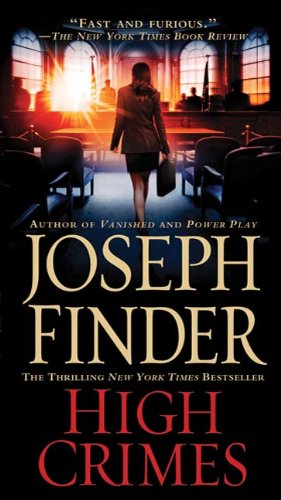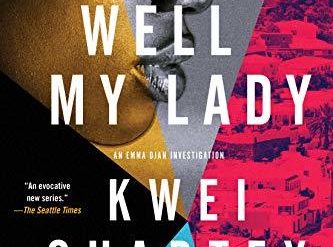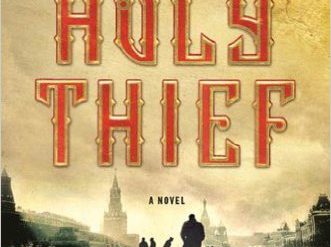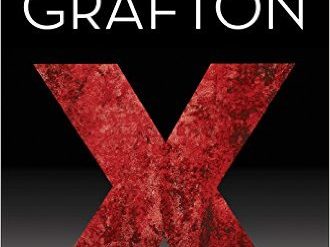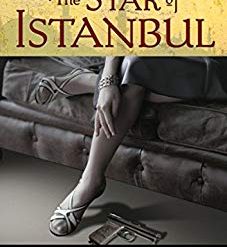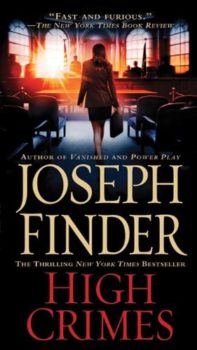
Most of the popular thrillers published in the U.S. tend to revolve around the CIA, the KGB, Nazis, or, these days, Al Qaeda. High Crimes is a notable exception, centering as it does on the neglected topic of U.S. military intervention in Central America under the Reagan Administration. And author Joseph Finder shows no love for the action. In High Crimes, he depicts Special Forces running amok.
It’s 1996. Tom Chapman is a loving, family man who runs his own investment firm in Boston and lives with his adoring wife, Claire, better known as Claire Heller, a Harvard Law School professor with a reputation for merciless performances in the courtroom. Then, all too soon, we discover that Tom Chapman doesn’t appear to be the man he says he is. The U.S. Army claims his true name is Ronald Kubik, a former Master Sergeant in the Special Forces, and proceeds to put him on trial for the 1983 massacre of 87 innocent civilians in a village in El Salvador in reprisal for guerrillas’ murder of four Americans in the capital. Claire (of course!) moves to defend him in his court-martial.
High Crimes by Joseph Finder (1998) ★★★★☆
The suspense in this cleverly plotted and tautly written novel circles around whether Tom is really Ron and whether he really was responsible for the massacre. Finder skillfully keeps the reader guessing nearly until the end. Along the way he works in an unflattering picture of U.S. foreign and military policy in Vietnam as well as Central America and of the stifling bureaucracy in the Pentagon. His characters, every one believable, include former and current Army attorney from the JAG Corps, the Chief of Staff of the Army, a shadowy CIA agent, and a whiny six-year-old girl.
High Crimes was the fifth of the nine thrillers Joseph Finder has written since 1991. He was previously (1983) the author of a sensational expose of multimillionaire oilman Armand Hammer‘s longstanding ties to the KGB.
For additional reading
I’ve reviewed many other books by the same author at Industrial espionage, spies, and high finance: The Joseph Finder thrillers.
You might also enjoy my posts:
- The 15 best espionage novels
- Good nonfiction books about espionage
- The best spy novelists writing today
- Top 10 mystery and thriller series
And you can always find my most popular reviews, and the most recent ones, plus a guide to this whole site, on the Home Page.

